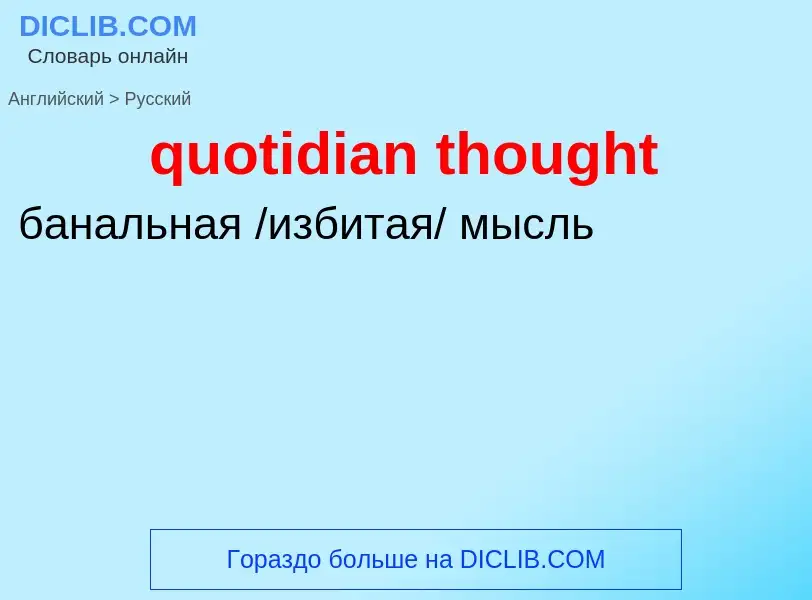Μετάφραση και ανάλυση λέξεων από την τεχνητή νοημοσύνη ChatGPT
Σε αυτήν τη σελίδα μπορείτε να λάβετε μια λεπτομερή ανάλυση μιας λέξης ή μιας φράσης, η οποία δημιουργήθηκε χρησιμοποιώντας το ChatGPT, την καλύτερη τεχνολογία τεχνητής νοημοσύνης μέχρι σήμερα:
- πώς χρησιμοποιείται η λέξη
- συχνότητα χρήσης
- χρησιμοποιείται πιο συχνά στον προφορικό ή γραπτό λόγο
- επιλογές μετάφρασης λέξεων
- παραδείγματα χρήσης (πολλές φράσεις με μετάφραση)
- ετυμολογία
quotidian thought - translation to ρωσικά
Βικιπαίδεια
Brain-reading or thought identification uses the responses of multiple voxels in the brain evoked by stimulus then detected by fMRI in order to decode the original stimulus. Advances in research have made this possible by using human neuroimaging to decode a person's conscious experience based on non-invasive measurements of an individual's brain activity. Brain reading studies differ in the type of decoding (i.e. classification, identification and reconstruction) employed, the target (i.e. decoding visual patterns, auditory patterns, cognitive states), and the decoding algorithms (linear classification, nonlinear classification, direct reconstruction, Bayesian reconstruction, etc.) employed.
In 2007, Professor of neuropsychology Barbara Sahakian qualified, "A lot of neuroscientists in the field are very cautious and say we can't talk about reading individuals' minds, and right now that is very true, but we're moving ahead so rapidly, it's not going to be that long before we will be able to tell whether someone's making up a story, or whether someone intended to do a crime with a certain degree of certainty."

![Emotiv Epoc]] is one way that users can give commands to devices using only thoughts. Emotiv Epoc]] is one way that users can give commands to devices using only thoughts.](https://commons.wikimedia.org/wiki/Special:FilePath/EPOC IGN.jpg?width=200)


